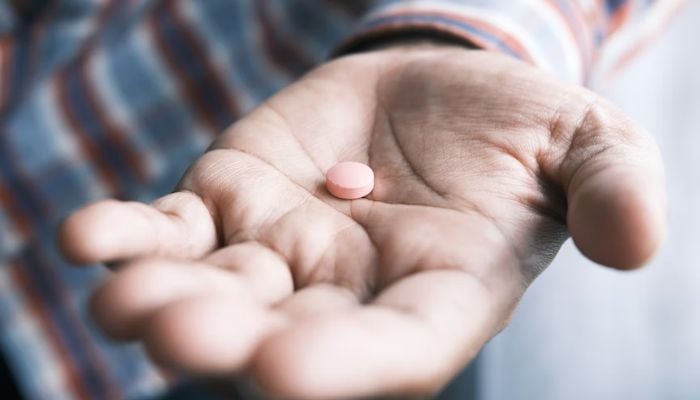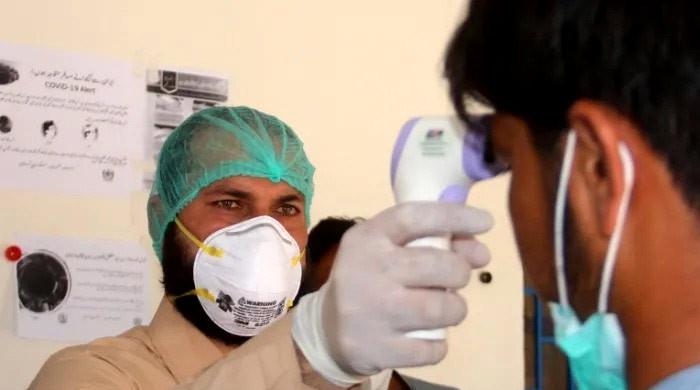'Exercise drug': Scientists develop pill that strengthens muscles without exercise
Some people that are old or bedridden due to any other reason cannot choose exercise to build muscles and maintain bone strength
September 16, 2022

- New pill developed at the Tokyo Medical and Dental University.
- Scientists say they have replicated compound that produces calcium.
- People who cannot exercise can use pill to overcome “locomotor frailty".
Experts in Japan claim they have developed a pill that can produce positive effects of exercise on people's health without them having to actually exercise.
Researchers at the Tokyo Medical and Dental University (TMDU) believe that the drug can be as good for people's muscles and bones as physical activity is.
They say that they have replicated a compound that produces calcium and induces muscle cell growth. Muscle is usually naturally developed and enhanced in adults through exercise.
While it is true that many adults can choose physical activity and strength training to build muscles and maintain bone strength, some people that are old or bedridden due to any other reason cannot avail the benefits.
Therefore, for people who cannot engage in exercise, such a pill can be used to overcome “locomotor frailty".
Published in the journal Bone Research, the study says that the "exercise drug" can treat weakness in movement (bones and muscles) for sedentary individuals.
The TMDU researchers discovered the compound aminoindazole derivative locamidazole, also referred to as LAMZ, which augments tissue.
They replicated the drug and tested it on mice and are now hopeful that the drug will promote bone formation in frail people.
Apart from forming bone cells called osteoblasts, LAMZ was found to be capable of "suppressing the growth of bone-resorbing cells, osteoclasts".
To the scientist's pleasant surprise, no side effects were found in the mice.
“We found that LAMZ-treated mice displayed larger muscle fibre width, greater maximal muscle strength, a higher rate of bone formation, and lower bone resorption activity,” said lead author Takehito Ono.
Authors warned that long periods of time spent without performing any physical activity can cause a serious weakening of the muscles called sarcopenia, and bones called osteoporosis.
The drug is yet to be tested on humans, which is why it is not clear when it will be available to patients in need.











